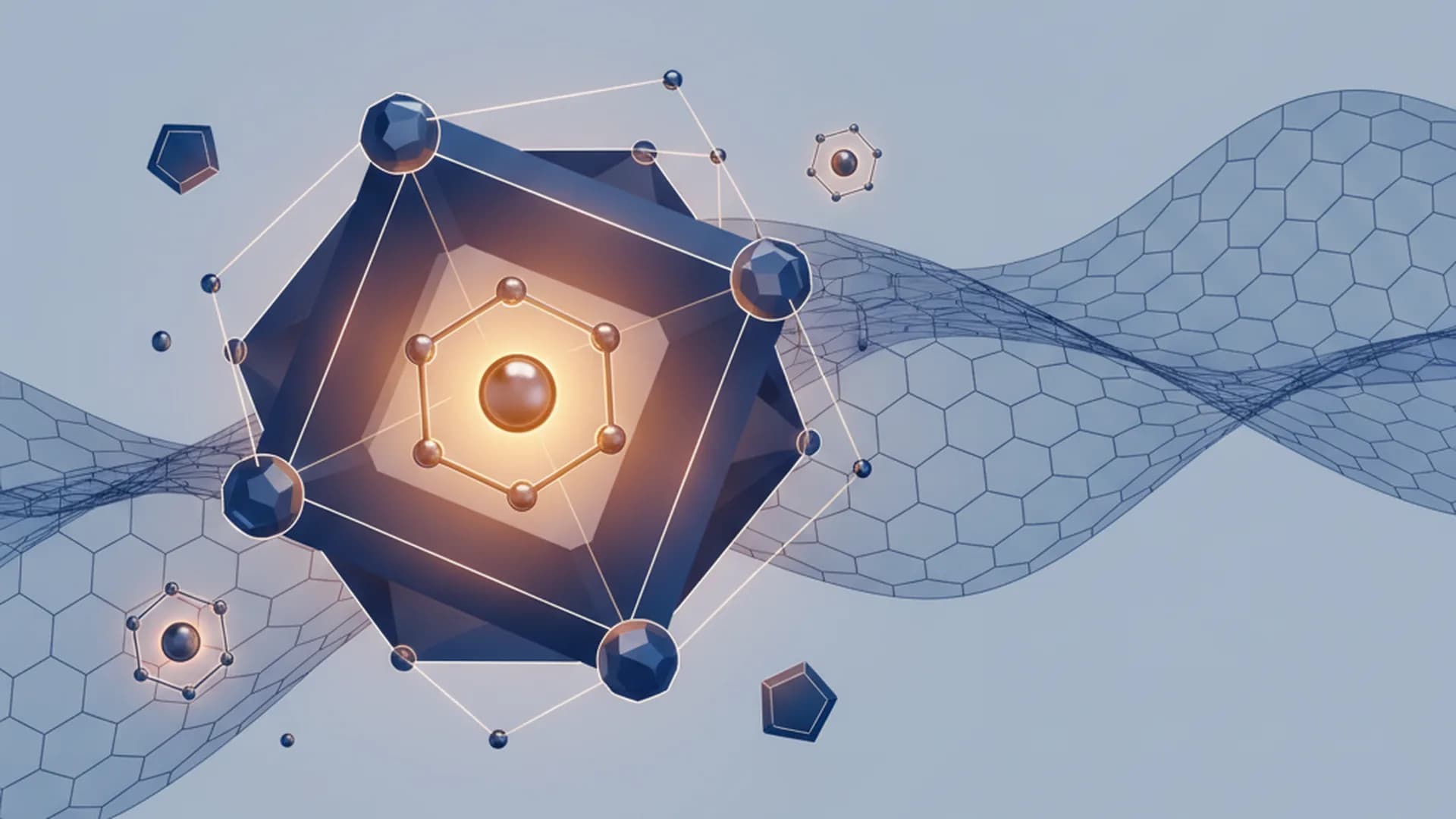Unlocking New Reactivity: The Power of Strained Ring Metal Carbenes in Catalysis
Source PublicationChemical Communications
Primary AuthorsNing, Zhao, Yan et al.

Metal carbenes are versatile motifs that serve not only as catalysts but also as key intermediates in modern organic synthesis. While considerable attention has been devoted to metal carbenes in non-strained systems, a novel and emerging area of study focuses on strained metal carbenes. These species integrate high-energy strained ring systems with metal carbenes.
As lead author Ning notes in the paper, "Although considerable attention has been devoted to metal carbenes in non-strained systems, strained metal carbenes, which integrate high-energy strained ring systems with metal carbenes, exhibit distinct reactivity and selectivity in carbene-involved transformations." This feature article systematically reviews recent advances in this emerging field of strained metal carbene chemistry. It categorizes these carbenes by their precursors, including N-sulfonylhydrazones, [1.1.1]propellane, and strained methylenecyclobutane derivatives.
The article aims to highlight developments and applications of these strained metal carbene species. A particular emphasis is placed on reaction mechanistic insights, selectivity control, and the merits and limitations of each strategy.
These insights have potential implications for synthetic and medicinal chemistry. The hope is that this review will stimulate further innovation among researchers in strained metal carbene chemistry and beyond.